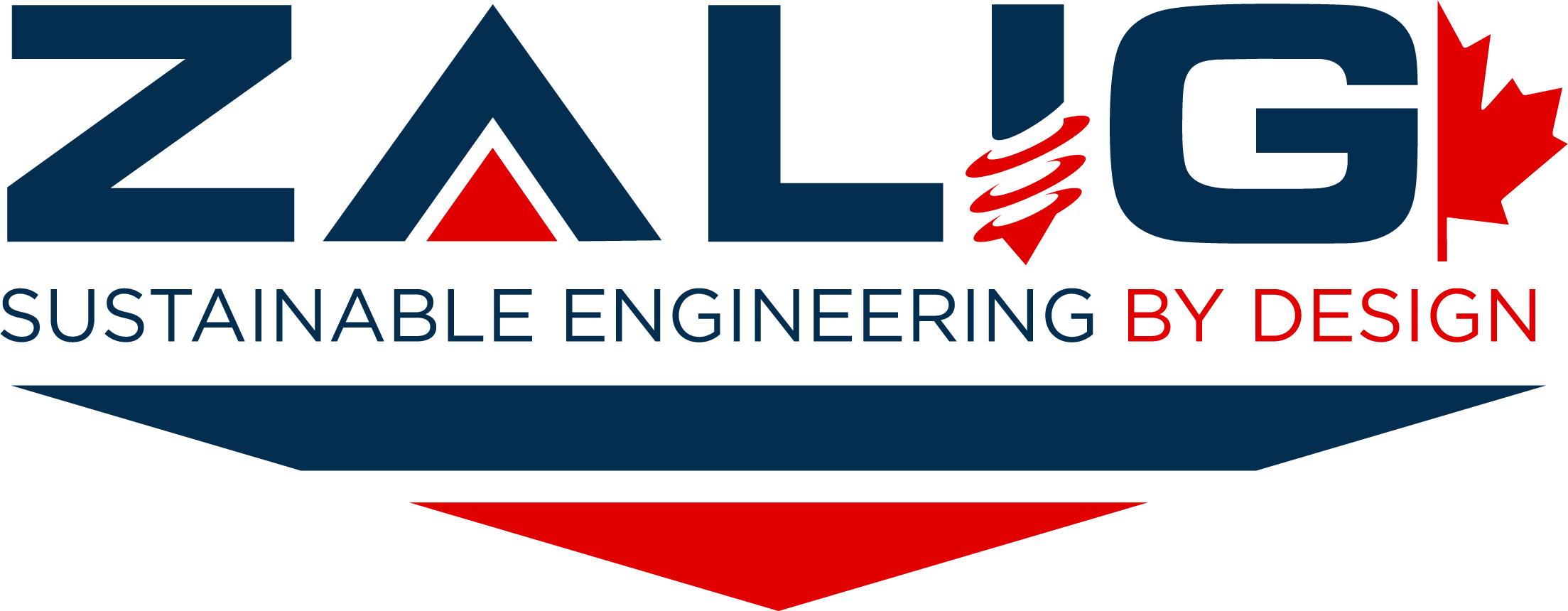- AI ON GEOTECH
Artificial intelligence (AI) has the potential to significantly impact the field of geotechnical engineering in a number of ways. Some of the potential areas where AI could have an influence on geotechnical engineering include:
- Data analysis and interpretation: Geotechnical engineering involves the collection and analysis of a large amount of data, including soil and rock properties, geospatial data, and structural performance data. AI algorithms can be used to analyze and interpret this data in ways that are faster and more accurate than traditional methods. For example, machine learning algorithms can be used to identify patterns and trends in data that might not be apparent to humans, and can be used to make predictions about soil behavior or structural performance.
- Design and optimization: AI algorithms can be used to optimize the design of geotechnical structures, such as foundations and slopes. For example, AI algorithms could be used to identify the most cost-effective materials to use in a particular application, or to optimize the design of a foundation to minimize settlement or heave.
- Risk assessment and management: AI algorithms can be used to assess the risk of failure or instability in geotechnical structures, such as slopes or embankments. This could involve predicting the likelihood of failure under different loading conditions or identifying the most critical factors that contribute to failure.
- Monitoring and maintenance: AI algorithms can be used to monitor geotechnical structures in real-time, providing early warning of potential problems or failures. For example, AI algorithms could be used to analyze sensor data from a slope or embankment to identify changes in soil moisture or stress that might indicate an increased risk of failure.
- Education and training: AI algorithms could be used to create interactive educational tools or simulations that could help students and practitioners learn about geotechnical concepts and methods. For example, AI algorithms could be used to create virtual lab simulations that allow students to experiment with different soil types and loading conditions, or to create interactive tutorials that provide step-by-step explanations of complex geotechnical concepts.
- Overall, AI has the potential to significantly impact the field of geotechnical engineering by enabling faster, more accurate data analysis and interpretation, optimizing the design of geotechnical structures, improving risk assessment and management, and enhancing education and training in the field.
At ZALIG, we offer a wide range of quality geotechnical, environmental, material testing, transport, survey and hydro-technical engineering services to clients in both the public and private sectors. Operating from our base in Western Canada, our industry-leading experts set the pace in various geotechnical, environmental, and construction service markets. If you need geotechnical engineering services in Alberta, we've got you covered! Get in touch with us today and let's talk about your project!
